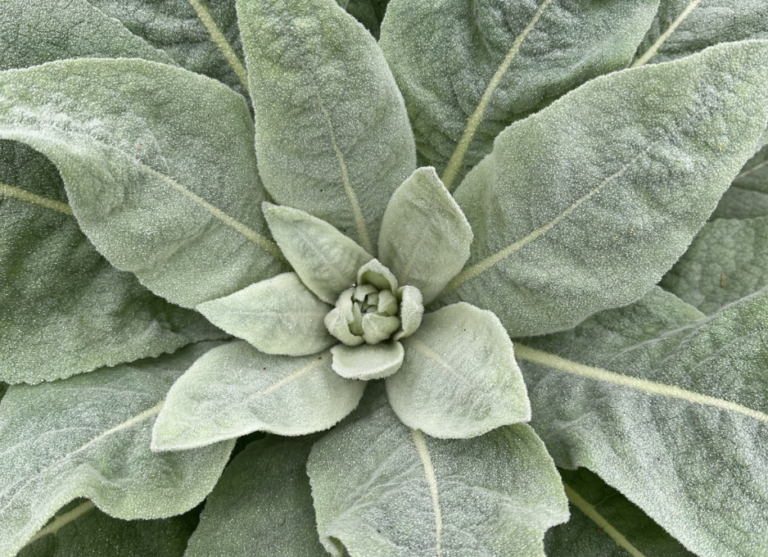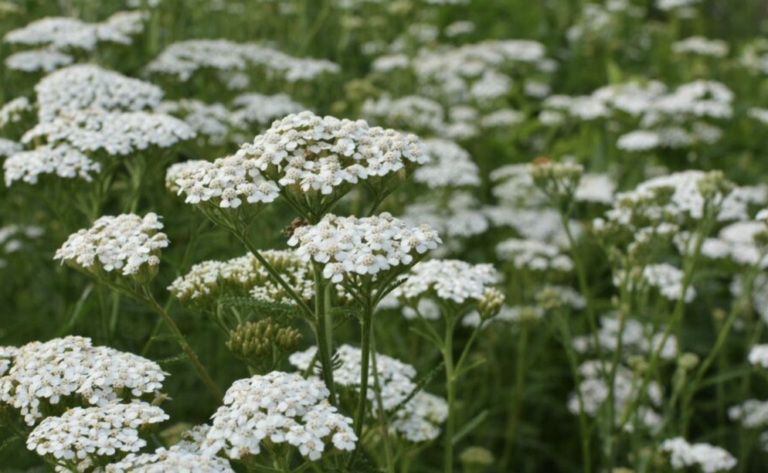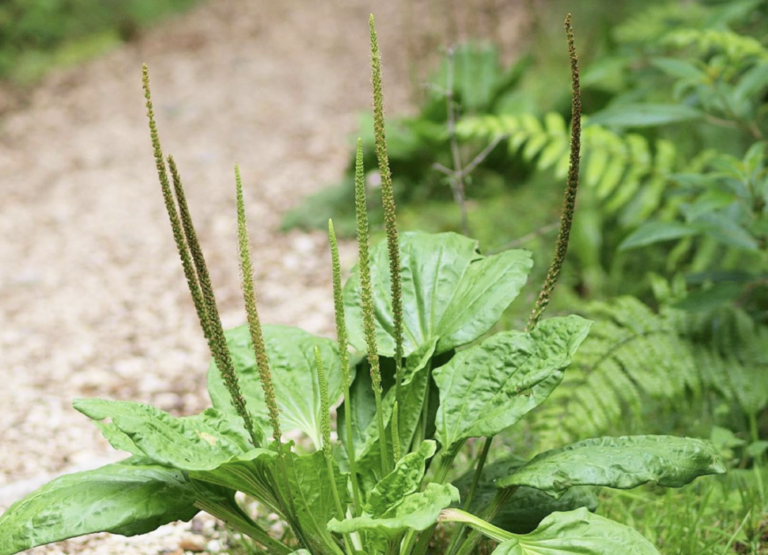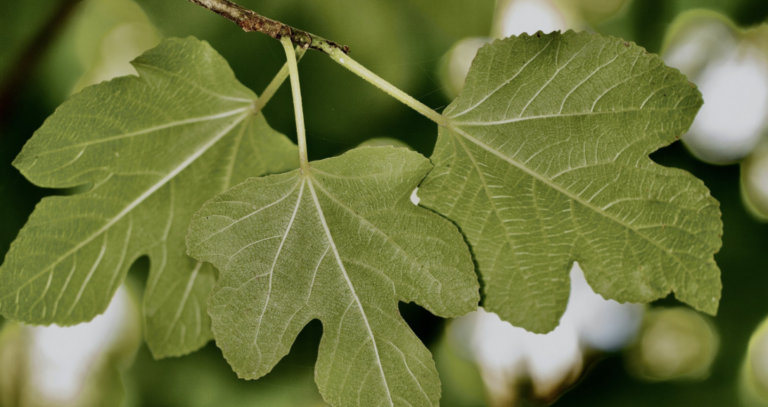Mullein (Verbascum thapsus) is a medicinal plant that has been used for centuries in natural remedies. Every part of the plant—the leaves, flowers, and roots—offers unique healing properties. From soothing respiratory issues to reducing inflammation, mullein is a must-have herb for anyone interested in natural wellness.
Health Benefits of Mullein
1. Supports Respiratory Health
Mullein is well-known for helping with coughs, colds, and lung congestion. It works as a natural expectorant, helping to clear mucus and soothe the airways.
2. Eases Coughs and Sore Throats
Drinking mullein tea or using it as a throat gargle can help relieve irritation, making it a great natural remedy for sore throats.
3. Helps with Ear Infections
Mullein flowers are often used to make infused oil, which is commonly applied as a natural remedy for ear infections and pain.
4. Reduces Inflammation
Thanks to its anti-inflammatory properties, mullein can help with conditions like arthritis, muscle pain, and skin irritations.
5. Supports Digestive Health
Mullein tea has been traditionally used to ease digestive discomfort, bloating, and mild stomach cramps.
6. Boosts Immune Function
Rich in antioxidants and antimicrobial compounds, mullein helps support the immune system and fight off infections.
7. Aids in Skin Healing
The antibacterial properties of mullein make it great for treating cuts, wounds, and minor burns.
8. Natural Pain Reliever
Mullein’s ability to relax muscles and reduce tension makes it useful for headaches and body aches.
How to Use Mullein for Health Benefits
There are several easy ways to incorporate mullein into your daily routine:
- Tea – Steep dried mullein leaves and flowers in hot water for a soothing herbal tea.
- Tincture – A concentrated liquid extract can be taken for respiratory or immune support.
- Infused Oil – Mullein flower oil is commonly used for ear infections and skin irritations.
- Poultice – Crushed mullein leaves can be applied to the skin to help with inflammation and minor wounds.
Mullein: A Powerful Herbal Remedy
Mullein is more than just a wild plant—it’s a natural remedy with powerful health benefits. Whether you’re drinking it as tea, using it for respiratory support, or applying it to the skin, this versatile herb is a great addition to any natural medicine cabinet.



